
We are offering positions for a select number of participants on our 2024 Conservation Adventure Programs on the following dates:
July 7th – July 28th (finishing August 4th inc. safari)
July 28th – August 18th (finishing August 25th inc. safari)
Program fee without safari: £2350
Program fee with safari: £3550
Applicants must be +18 on the time of arrival. We’re busy developing an under 18s program at the moment. Watch this space!
Are you studying a marine biology related degree or have you already gained one? Check out our 5 week marine expedition here.
It’s important to know where your money is going. For a full price breakdown please click here.
As a Love The Oceans Conservation Adventure Program Participant you will form a valuable part of our team. During your 3 weeks on the program, you will collect and contribute valuable data to our data set. You will also be learning about and supporting the local community as you participate in the following set activities:
PADI dive training (get qualified!)
Ocean safaris
Megafauna research training
Help improve the local school facilities
Participate in coral reef surveys
Support swimming lessons for local kids
Participate in fisheries research
Help with beach clean ups
Learn to cook local food
Learn some basic Portuguese and Bitonga, an original African tribal language
Optional extra:
Greater Kruger Ecosystem Safari
After you have settled in, your program will start with Orientation. We want to ensure that everyone has the same level of knowledge about LTO, the conservation work we do, and your role as a volunteer. Orientation will also include dive training and educational lectures. At the end of the program you will be asked to do a presentation (in groups if you prefer) on a marine conservation topic of your choice. For the keen underwater photographers wanting to create a video, awesome, we are here to support your creativity! Here is a little more detail about the activities you will be doing with us:

You do not have to be a diver before you come out to Mozambique, you can train with us here, we’re a PADI 5* centre. Included in your program fee is scuba diving training. You can attain one of the following:
- PADI Open Water Certification. For first time divers, which consists of lectures, pool sessions and 4 open water dives
- PADI Advanced Open Water Certification, designed to advance your diving. The course helps build confidence and expand your skills through 5 open water adventure dives.
- PADI Emergency First Aid Response. This is a prerequisite to your PADI Rescue Diver Training, if you already have your first aid certificate you can go straight into your Rescue diver
- PADI Rescue Diver. This is designed to help you learn how to offer help and aid people in the water and is the last step before your PADI divemaster.
We believe we’re in a biodiversity hotspot and we need coral reef data to prove our area is worth protecting. You will be introduced to LTO’s coral reef methodology and once qualified, may have the chance to help with LTO surveys on your dives.
LTO collects this data to develop a robust dataset which will provide the evidence base required to effectively lobby for changes to certain fishing legislation and a Marine Protected Area (MPA) to be established. Securing an MPA will create opportunities for eco-tourism, bringing income into the region, and providing a viable alternative to unsustainable fishing.


You’ll have a theory session on how to photograph megafauna for a successful ID shot. You’ll be learning about humpback whales and whale sharks, with some manta ray IDs too.
Your skills will then be put to the test on ocean safaris where you can practise taking ID shots. You will also be taught why the conservation of these species is so important and learn about our work in this area.
Unfortunately plastic pollution is a problem the world over. We’re on the edge of the Indian Ocean Garbage Patch which spans approximately 5 million kilometres squared. One of the most efficient and easiest way to remove trash from the ocean is through beach cleans.
We’ve committed to doing at least 2 beach cleans a week and weighing and logging what we collect to work out if it is international or local trash and what we can do to reduce this pollution. So far LTO has collected over 1000kg of trash off the beach. After we have collected the trash off the beaches, we process it – wash & dry it – and then we processing the trash, up-cycling it into new items using our trash machine from SeaMonkey. You will get to use and see this trash machine yourself while you’re with us.


The Government does not have enough money to provide the standard of learning facilities the children need. Every year we fundraise for money specifically to improve the school facilities in consultation with the local community.
We strongly believe in supporting the organic growth and development of the local community, as such we employ local builders to complete construction/ improvement work. Our volunteers then enhance this by painting educational murals on the school walls.
We ask you to get creative and design a mural (anything ranging from the human body to the solar system or an underwater scene) and then spend the day bringing your art to life for the children. You are also welcome to bring some designs out with you
Few local children are confident in the water. Part of our commitment to the community is teaching 4-18 year old local children swimming on weekends. As part of your program you’ll assist our qualified swim teachers with lessons. We do this to improve water safety skills and reduce drownings, reducing fear and igniting passion for the marine environment in the younger generations. Learning to swim also opens up career options. This swimming initiative feeds into our Ocean Conservation Champion program, which empowers the next generation of ocean stewards.

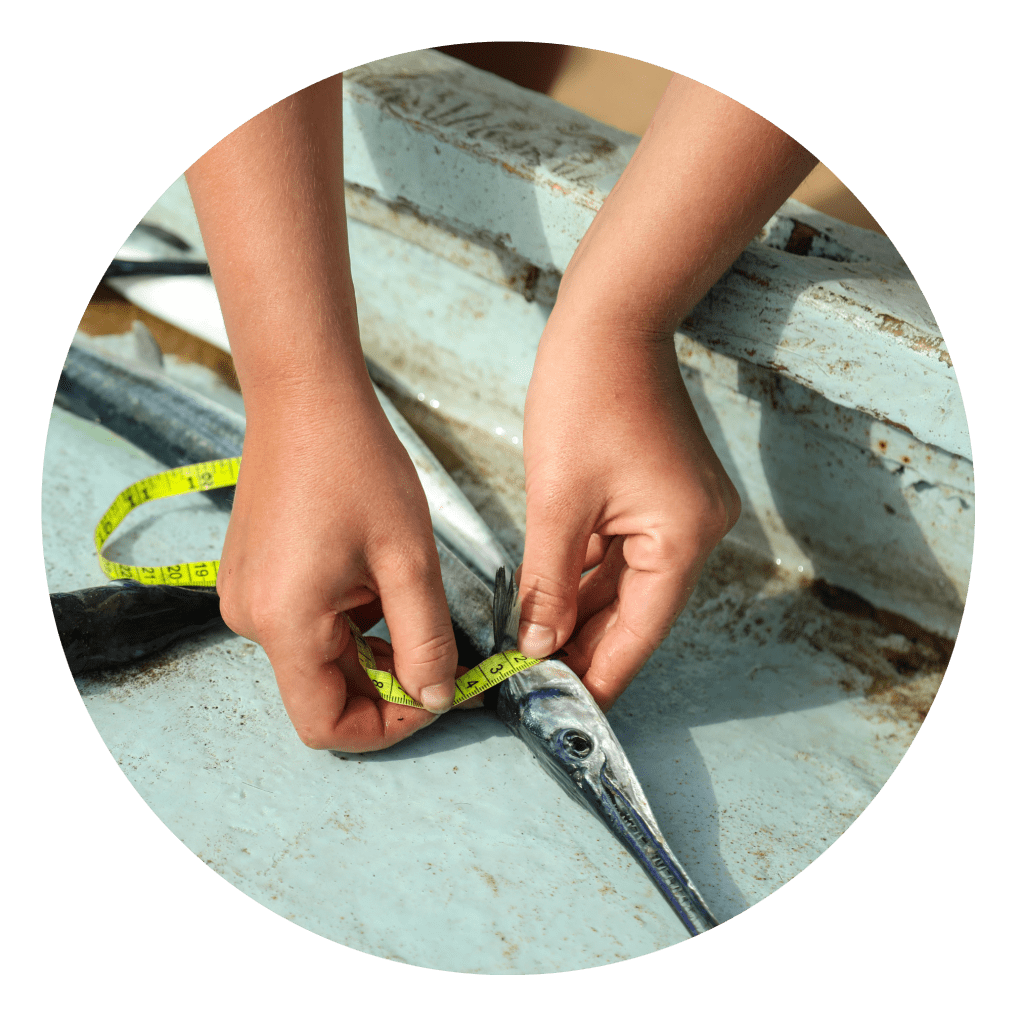
LTO collects fisheries data in order to assess how sustainable the fisheries are in their current form. Our research is collected at two beautiful beach fisheries locations – our Guinjata Bay research base, and our Paindane Bay research site.
You will be supporting LTOs fisheries research and during this time you will learn to collect beach monitoring data, how to log it and why this is so important. You will record fish, shark and ray measurement data into the logs along with their corresponding images.
In building this dataset for monitoring and analysis it is our aim to work with the local community to determine a minimum landing size for individual species and help re-build a sustainable artisanal industry.
The community speak Portuguese and the local dialect, Bitonga. You will participate in language lessons while you’re with us. These have proven great fun in the past and allows you to learn a little of both Portuguese and Bitonga.


Mozambique is a developing nation with limited food resources. In the region we operate is remote, and the coastal soil and climate conditions are not favorable to varied agriculture. You will witness a lot of household subsistence farming. The local food is very filling and consists of a few different vegetables cooked in various different ways.
You will join in one evening for some local cooking. You will have the opportunity to to see what a normal family lives off in rural Mozambique, and how they prepare meals.
After 3 weeks in Jangamo, you have the option to go on safari in South Africa and explore the stunning Balule Private Game Reserve in the Greater Kruger Ecosystem with our amazing ethical partners Campfire Academy. We LOVE it here. All accommodation and overland transport to the safari lodge and onto Johannesburg airport is included, but the drinks are on you!
This is one of the best spots for spotting the Big 5 our team have ever come across, with one of the most ethical operators in Southern Africa. You will be taken on game drives, bush walks, and participate in ecology, conservation management and sustainable tourism lectures and walks – all with a very experienced field guide. You’ll learn how to track animals and pick up trails. You’ll have a sleep-out under the stars in the bush. You’ll learn what it’s like to be a ranger from experienced professionals.
There will be a scenic tour through the Drakensburg Mountains to see the iconic God’s Window, the Three Sisters and the spectacular Bourke’s Luck Potholes. When it’s time to say good-bye, you will be transported to Johannesburg Airport to arrive Sunday evening.

We stay on the stunning beach of Jangamo Bay on the side of the Indian Ocean. Our accommodation is rustic and rooms will hold a maximum of 4 people. Running water, hot water and electricity is available at all times… with the exception of a few power cuts! Mosquito nets are provided.
Your program is fully catered, however you may want to bring money for internet, drinks and treats. Bring a network unlocked mobile phone with you in order to buy a local sim for internet as there is no wifi available. The local shop is a short walk away and holds a few western treasures.
For more information, enquire below, email info@lovetheoceans.org or check out our FAQs page.
After I’ve been on a program, what other opportunities are there for me with Love The Oceans?
After you join us on one of our programs, there are plenty of on-going opportunities to stay involved in the organisation and utilise our connections to get a leg up in your career.
You’ll have the opportunity to apply for our Internship which involves coming out to Mozambique with your in-country expenses covered. Our internship is only open to past volunteers.
On completion of the program you’ll be added to our exclusive alumni job network. That means you’ll have access to our connections, events, and other internships we know other NGOs are offering. You’ll be able to utilise our extensive network within the industry. If you’ve volunteered with us in the past and we think you’d fit a role, we’ll happily put you forward.
During your time on program you will also receive a performance review. This will form the basis for your job reference, which we will be happy to provide a future employer with on request, if you wish.
SUBSCRIBE TO OUR NEWSLETTER
22 Wycombe End, Beaconsfield, Buckinghamshire, HP9 1NB, UK
info@lovetheoceans.org
© Copyright 2019 Love The Oceans
Love The Oceans Conservation charity number 1184402
Registered in England and Wales

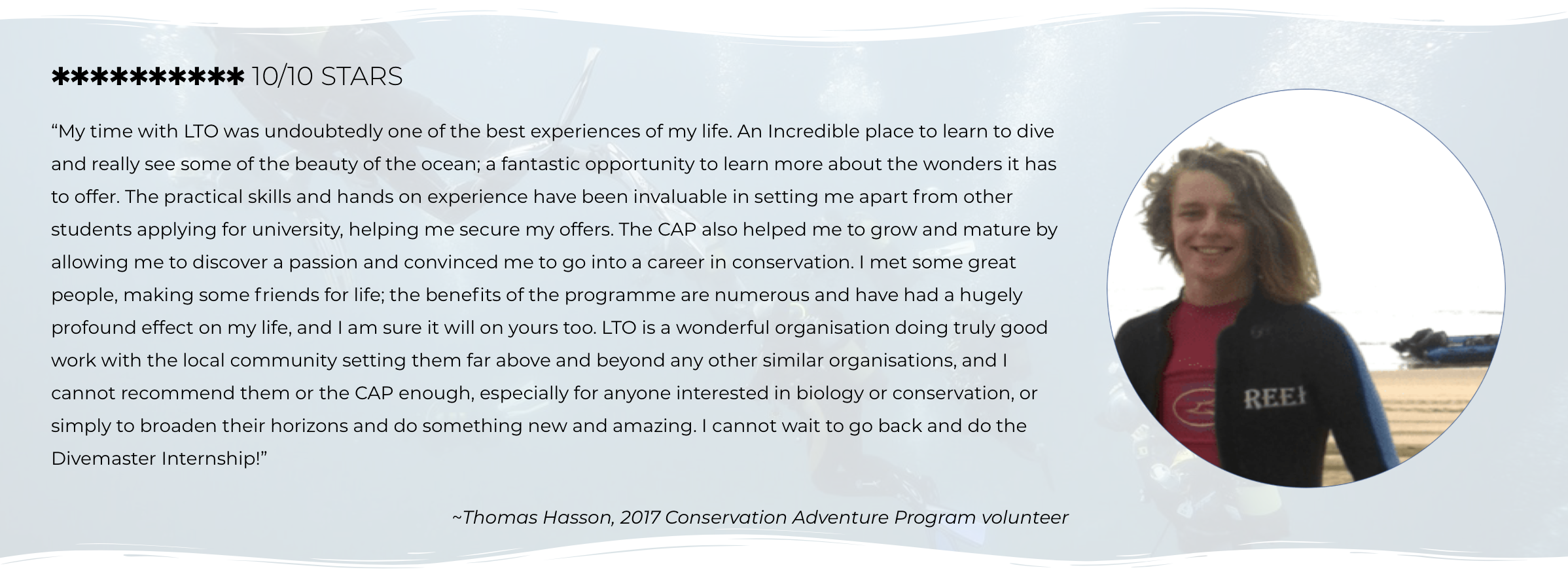

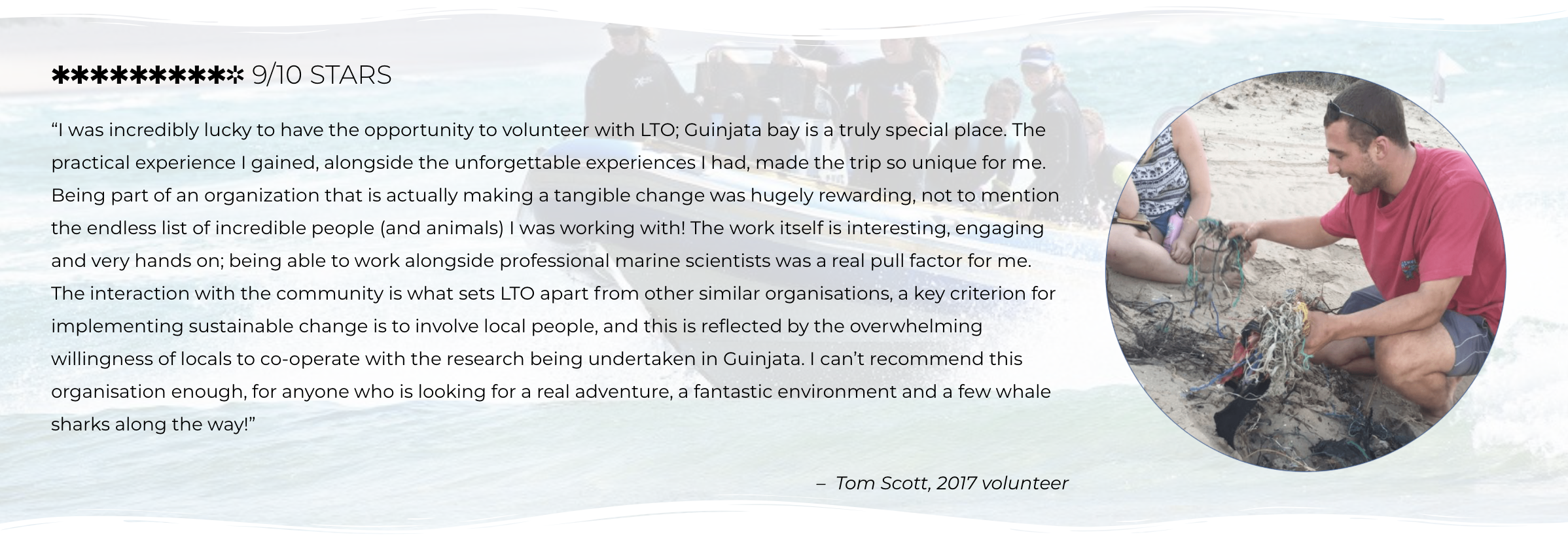
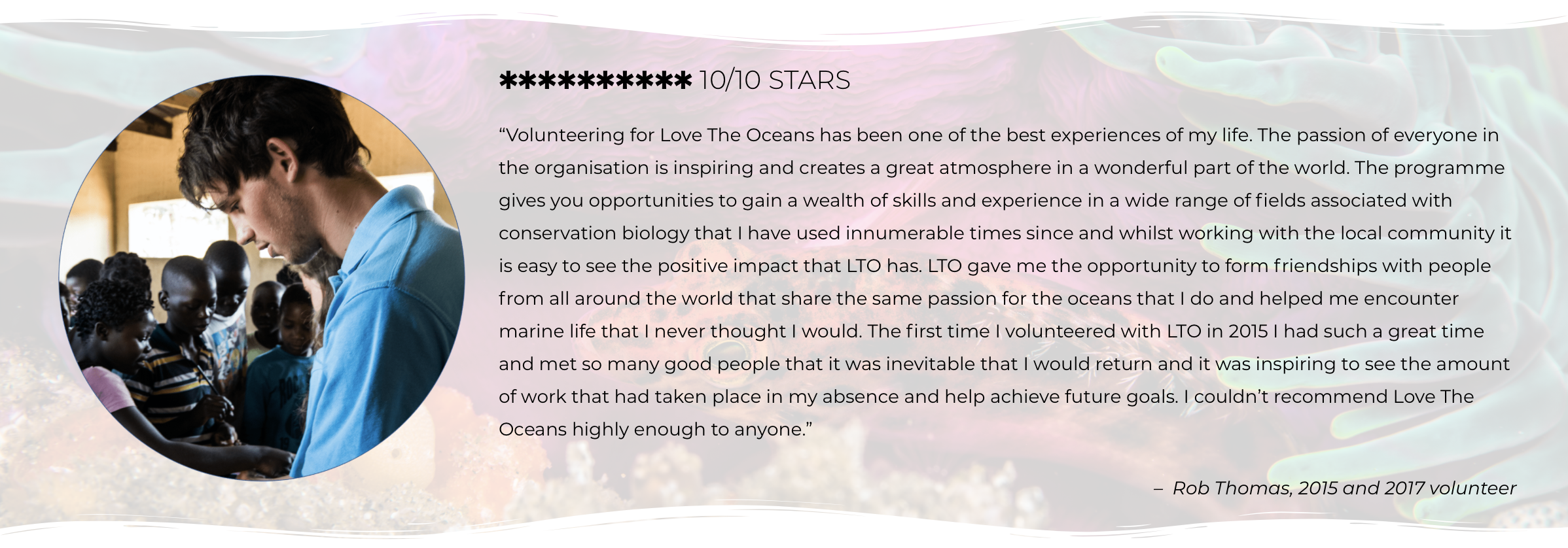
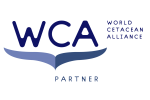


![Oceans New Logo WINNER 2021 FINAL BM[5] Oceans New Logo WINNER 2021 FINAL BM[5]](https://lovetheoceans.org/wp-content/uploads/elementor/thumbs/Oceans-New-Logo-WINNER-2021-FINAL-BM5-p75rusr4xoa6lpy31siy5h87ma4akt1j9oikbrp734.png)


